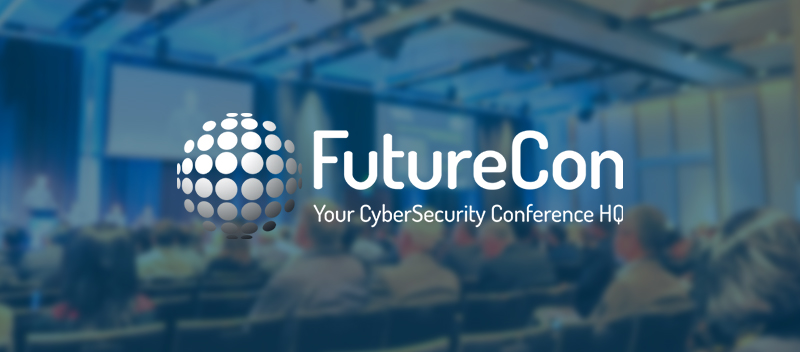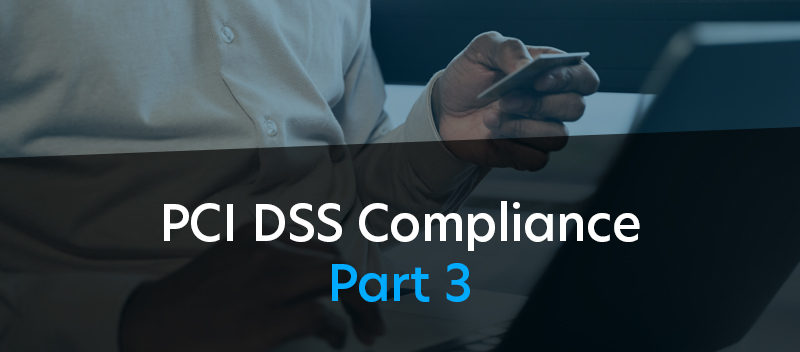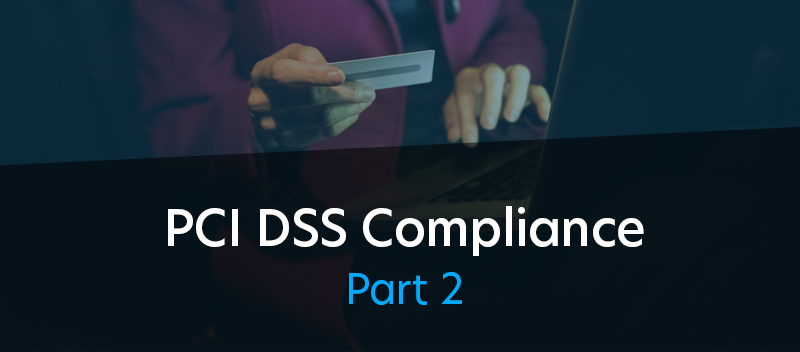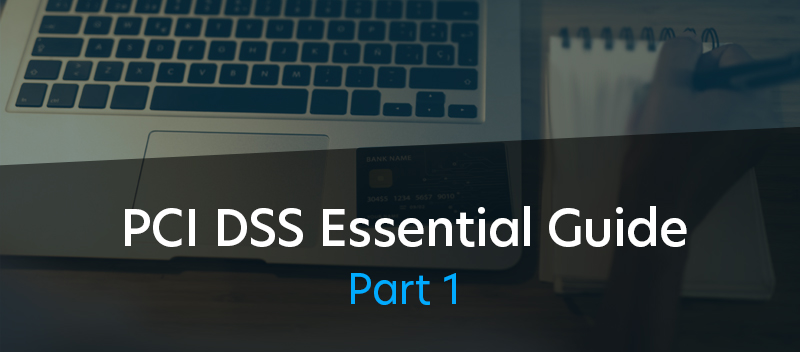FutureCon’s Theme at San Diego Is Actually an Action Item

The theme of FutureCon’s San Diego conference was short but far from sweet: Cybersecurity is no longer just an IT problem. Behind the theme lies the urgency of an alarm signal. And it calls for a certain kind of action: Proactive. Holistic. Collective.
No longer can IT teams handle the rising tide of cybercrime alone. Even with augmented capabilities — lent by AI, machine learning, and automation — IT resources have typically been overstretched dealing with attack surfaces that have grown larger and with cyber threats that have become more elusive and sophisticated.
Unsurprisingly, the buzzwords at the October 18 event were Zero Trust, dynamic threat intelligence, bad actors, risk mitigation, and SecOps.
Not everything is bleak though.Winning against bad actors is doable. Staying secure and thriving over time – as our clients do — can be normalized.
But all that happens only with the willingness to swallow the bitter pill of change. IT security strategies dare not be static. When the other side of cybersecurity innovates relentlessly, IT teams can only win by outsmarting their adversaries. And that entails sustained compliance with updated security standards, further enhanced by proactive measures designed and deployed by experts.
Cybersecurity is everyone’s problem
Mirroring the event’s theme, the latest batch of data calls for a game plan that tightly involves all stakeholders. From the decision-makers in the C-suite to the frontliners far afield. Every department and business unit. Every blockchain node. Every endpoint device. Every user.
For companies, the only way forward is to expand the line of defense beyond the IT department and build resilience across the entire organization. And for the business world, the most viable path to collective security starts with:
- the sharing of threat intelligence among organizations; and,
- the continuous refinement of industry best practices that guide security decisions.
In the past, cybersecurity was often seen as a siloed IT issue. But as departments become more integrated and IT resources overstretched, every Every employee has a crucial role to play in securing the company’s information systems. With adequate training, every person in the workplace can reinforce the collective human firewall that protects your customers, reputation, and digital assets.
All industries are valid targets
Cybercrime is a risk that affects all industries and organizations of every shape and size. In recent years, we have seen a surge in high-profile cyberattacks targeting all sectors of the economy, from healthcare and retail to logistics and financial services. These attacks have caused trillions of dollars in damage and have had a significant impact on consumer trust.
Across industries, TrustNet specializes in helping organizations streamline their cybersecurity and compliance programs. For each sector, we recommend a holistic approach that proactively mitigates the security, reputational, legal, regulatory, and financial risks that might implode following a human-instigated attack or a disruptive natural event. As we have inferred from years of experience helping customers stay ahead of cyber threats, sustained compliance with relevant security frameworks and regulatory standards has consistently been the best place to start.
Healthcare Sector
The healthcare sector is a prime target for cyberattacks due to the large amount of sensitive patient data that is stored and transmitted electronically. A data breach in the healthcare sector can have dire consequences for patients, including identity theft, financial loss, and even physical harm. To mitigate these risks, healthcare providers need to comply with strident regulations such as HIPAA (Health Insurance Portability and Accountability Act), which sets standards for the privacy and security of health information.
Retail Industry
The retail industry is also a prime target for cyberattacks, due to the large amount of payment card data that is processed by retailers each day. A data breach in the retail sector can damage customer trust and lead to lost revenue. A data breach can also lead to serious violations of relevant laws on data protection and privacy. For this reason, complying with regional legislation such as the GDPR (General Data Protection Regulation) and CCPA (California Consumer Privacy Act) will help manage retailers’ attendant risks. Moreover, covered merchants and service providers should validate the adherence of their security controls to the PCI DSS (Payment Card Industry Data Security Standard), which defines the technical and operational requirements for safeguarding cardholder data.
Service Providers
Service providers come in many forms. But all use the core digital technologies that constitute the cloud economy. These technologies are powerful business enablers. But they also bring many risks to the table. Compliance frameworks such as SOC 2 (System and Organization Controls 2) and ISO/IEC 27001 (International Standards Organization/International Electrotechnical Commission 27001) significantly mitigate those risks.
Government
Organizations that want to conduct business with the public sector as contractors or subcontractors typically need to meet well-defined security benchmarks. In the U.S., these standards include FedRAMP (Federal Risk and Authorization Management Program) and CMMC (Cybersecurity Maturity Model Certification).
Other Sectors
Other industries, business sectors, professional associations, and regulatory bodies recommend specific frameworks that reinforce organizational security. Banking practices and corporate accounting may be subject to any number of financial standards, for example. An increasing number of organizations have integrated the tenets of ESG (Environmental, Social, and Governance) in their business functions. A non-profit association has launched CSA STAR (Cloud Security Alliance Security, Trust, and Assurance Registry), a registry and framework for building trust in the cloud ecosystem.
Final Takeaways
Cybersecurity has become a universal challenge. Countless individuals have fallen prey to email scams and phishing attacks. An alarming number of business operations have come to a grinding halt following a data breach. The financial cost and reputational harm stemming from such events can be difficult to recover from.
Any weak point in an otherwise robust defensive wall can become the vulnerability that burns down the house. The key then is to detect and close the gaps that can compromise security — well before threat actors can exploit them.
That can only be achieved when an organization realizes that cybersecurity is no longer just an IT problem. And that the way forward should be proactive, holistic, and collective.
Schedule a call to learn how TrustNet can help you streamline your security and compliance program.




